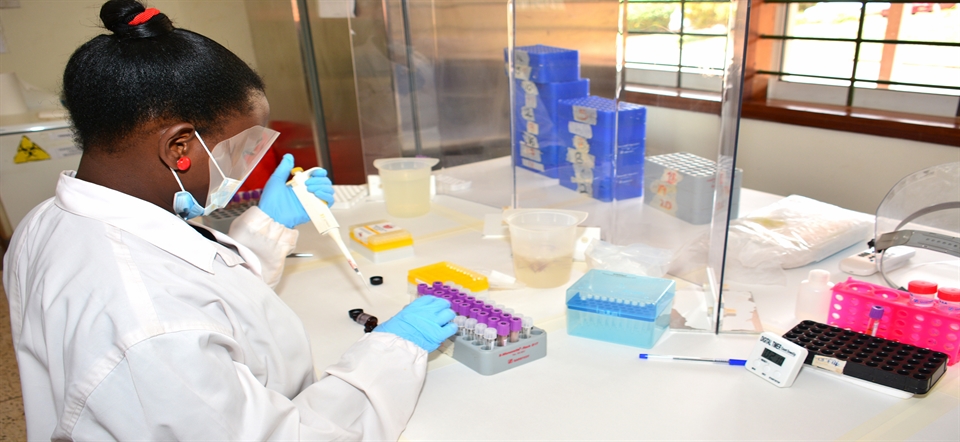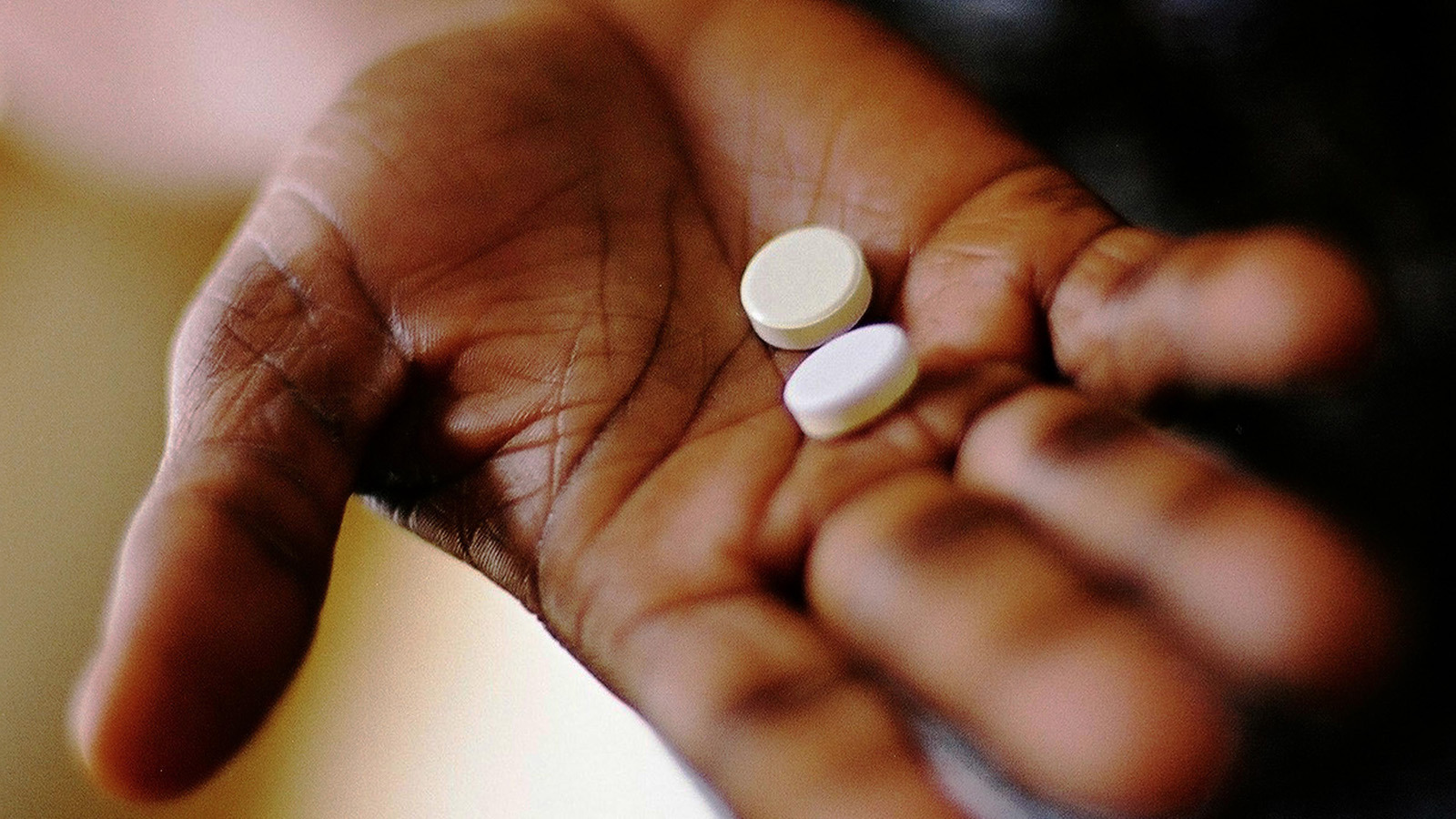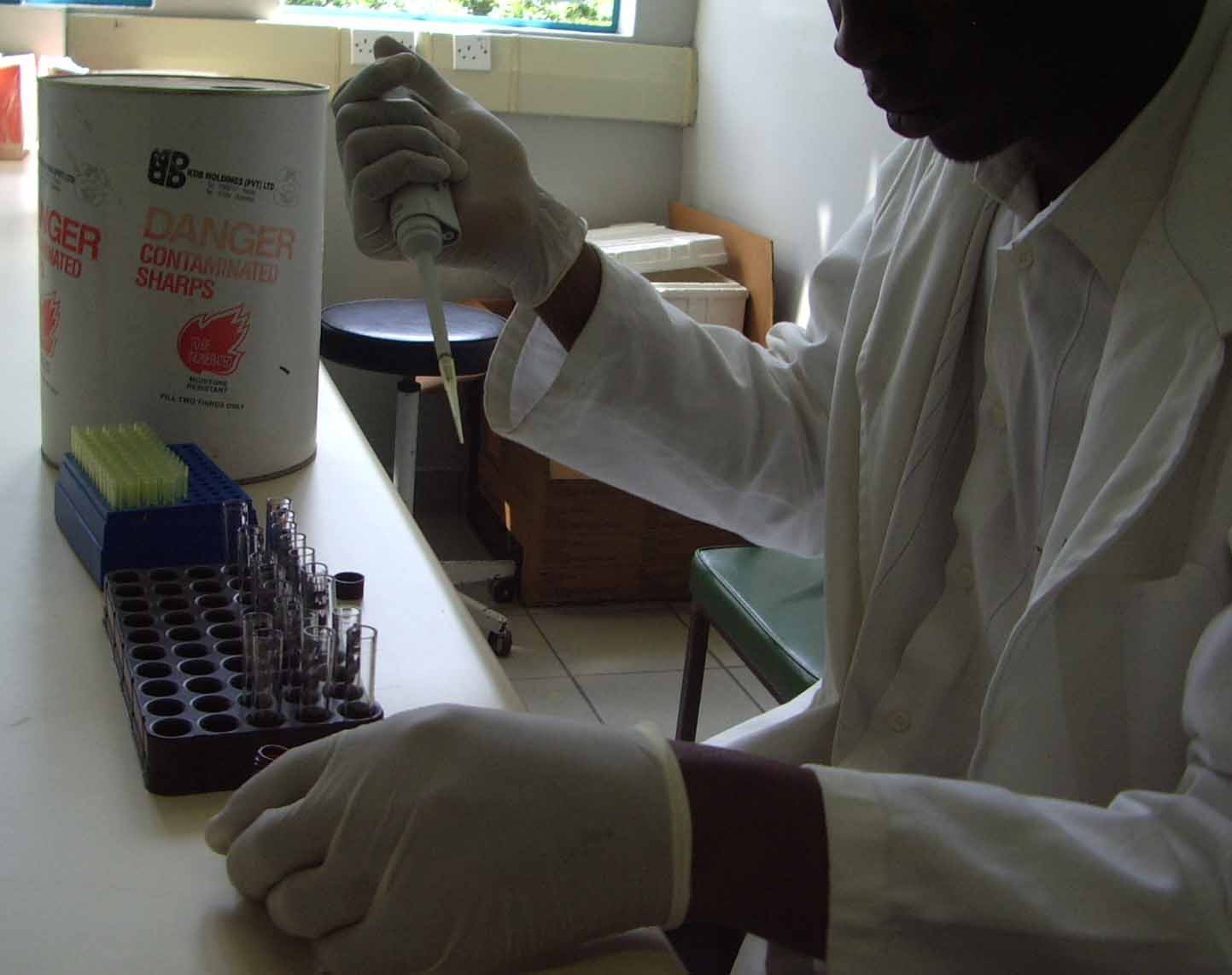Beware of new Ugandan law threatening LGBTI health
Colin Stewart is a 45-year journalism veteran living in Southern…
By Kikonyogo Kivumbi and Colin Stewart

LGBTI citizens and sex workers in Uganda should watch out for possible threats to their health that could occur after Uganda’s new Industrial Property Act takes effect April 1.
At issue is the law’s acceptance of patent rights on new medications and medical equipment, as required under the World Trade Organization (WTO) agreement on Trade-Related Aspects of Intellectual Property Rights (TRIPS).
Those patents allow companies to charge exorbitant prices for newly developed medicines and diagnostic equipment, unless the government exercises its right under TRIPS and the Industrial Property Act to override patent restrictions for public-health reasons.
Without such an override, companies could charge high prices and restrict the amount of drugs produced, with the possible result that “in poor countries such as Uganda, only elite population groups will have access to new medicines, leaving out LGBTIs and other vulnerable populations,” as stated in September 2015 in a briefing paper prepared by the Uganda Health and Science Press Association (UHSPA).

UHSPA concluded that the wording of the Industrial Property Act makes such an override (“a non-voluntary license”) unlikely:
“Section 58(2) for instance states that ‘a non-voluntary license shall not be granted if the owner of the patent satisfies the [Health] Minister that circumstances exist which justify the fact that the market for the patented invention is not being supplied, or is not being supplied on reasonable terms, in Uganda.’
“The problem with the requirement to ‘satisfy the Minister’ about the existence of an unsatisfied market makes almost impossible [to win approval] to produce a medicine that may be need to satisfy the unique needs of a minority population such as LGBTIs.”
Low-cost medications are needed because of the country’s low income levels. In fact, generic medicines has been instrumental in increasing access to HIV medication in Uganda. More than 90 percent of HIV/AIDS medicines used in the country are produced by generic manufacturers.
Access to those generic drugs will be at risk, the briefing paper stated. “The provisions of the Industrial Property Act of 2014 on local production of generic medicines through government use order and compulsory licenses are inadequate in promoting the health of minority groups.”
In addition, improved access to modern diagnostic equipment is desperately needed, because at present many clinics that serve HIV patients, especially those who are LGBTI or sex workers, can only measure patients’ CD4 counts rather than their viral load. The World Health Organization recommends that viral load testing should be used to check whether first-line anti-HIV treatment is working or has failed — and should be replaced with a more advanced therapy.

The high cost of patented second- and third-line ARV drugs has led to the deaths of HIV-positive Ugandans who were only provided with generic first-line medications.
The briefing paper noted that:
“[G]ay men and other men who have sex with men (MSM) – are more likely to be infected with HIV and other sexually transmitted infections (STIs) while at the same time being less able to access health care services. The Crane Survey (2008) found a prevalence of STI (including HIV) of up to 22% among MSM in Kampala. The prevalence of HIV was recorded at 13.2%, far above the national average of 6.4% at the time.
“In 2015, Human Rights Watch reported violations of the right to health of LGBTI, citing among other incidents the 3rd April 2014 raid by police on the US-funded health clinic and medical research facility, the Makerere University Walter Reed Project, accusing the clinic of conducting ‘unethical research’ and ‘recruiting homosexuals’. The result was the indefinite suspension of the cohort study of HIV infection in MSM, curtailing access to HIV and STI information, prevention, treatment and support services availed to volunteers in the study.”
The special health needs of LGBTI are largely related to their increased risk for disease because of unique exposures, including use of hormones by transgender people undergoing sex change procedures and risk of HIV infection among MSM. A survey assessing LGBTIs health needs found in 2014 that lesbians, transgender and intersex persons in Uganda considered their essential health need to be elective surgery, while MSM (gay and bi-sexual men) reported that they need condom-friendly lubricants and HIV prevention and care services.
Kikonyogo Kivumbi is the elected representative for Ugandans who are most at risk of HIV on the CCM health panel, which oversees programs supported by the Global Fund. He is also the executive director of the Uganda Health and Science Press Association.
Related articles
- Implications of the Industrial Property Act 2014 for the Right to Health of Lesbian, Gay, Bisexual, Transgender, Intersex, Sex Workers Persons in Uganda (September 2015, UHSPA)
- Finally, an LGBT voice on Uganda’s anti-HIV panel (March 2015, 76crimes.com)
- Anti-AIDS activists hope, but fear, Ugandan patent law (January 2015, 76crimes.com)
- Uganda: Raided clinic reopens with scaled-back services (May 2014, 76crimes.com)
- Uganda police raid U.S. military AIDS clinic, order it shut (April 2014, 76crimes.com)
- Anti-AIDS programs ignore LGBTs in Africa (June 2013, 76crimes.com)
- AIDS rebounds in Uganda with help from anti-gay law (August 2012, 76crimes.com)
- In Uganda, an AIDS Success Story Comes Undone (August 2012, New York Times)



